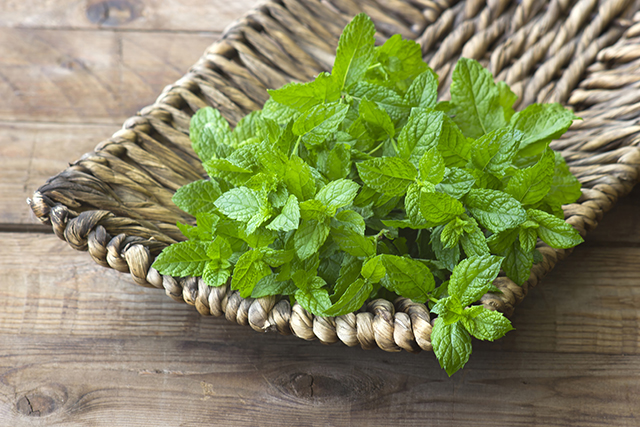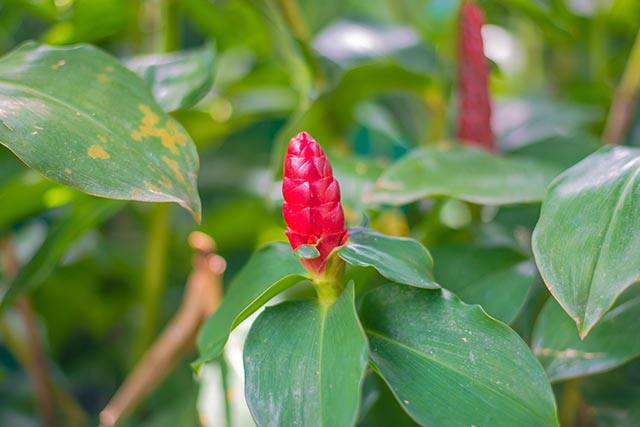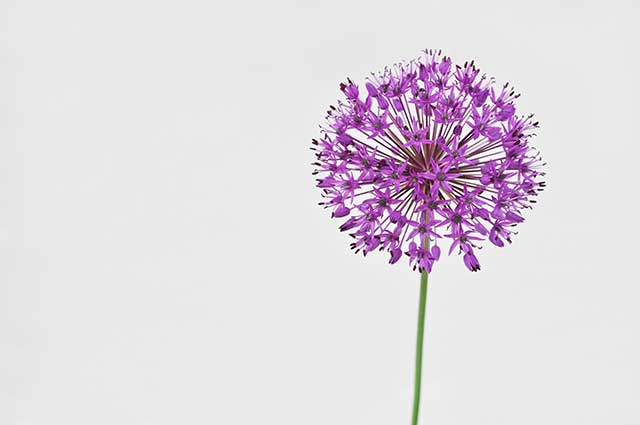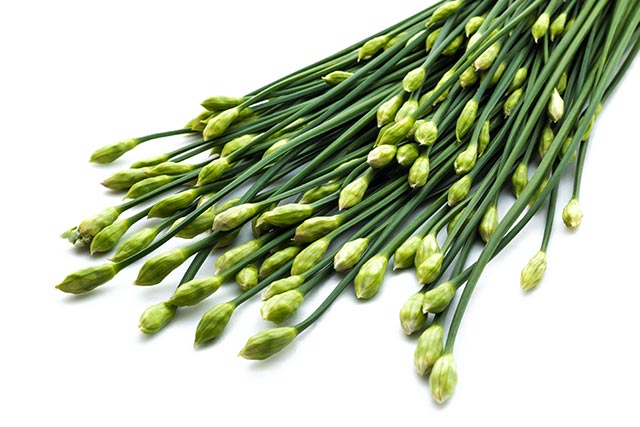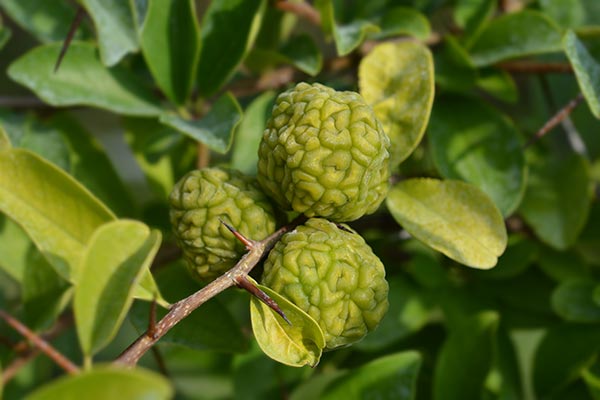Mosquito begone: 5 Natural ingredients that work as a mosquito repellent
03/02/2020 / By Darnel Fernandez
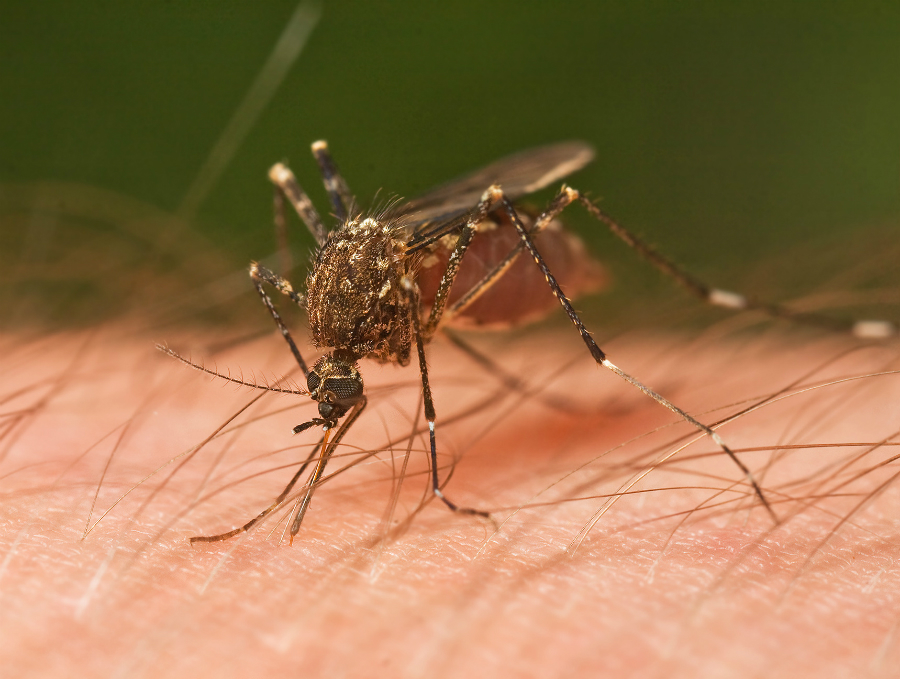
For many people, mosquito bites can be quite a nuisance when they’re trying to enjoy the great outdoors. If you happen to be a mosquito magnet, you’re probably already tired of having itchy, bumpy skin all the time. Just like with overall health, avoiding mosquito bites is all about practicing preventative measures as the first step. This includes keeping mosquitoes as far away from you as possible. Those looking for alternatives to synthetic mosquito repellents can use natural repellents that are very effective at protecting against their annoying bites.
Natural repellents
A lot of people have grown up being sprayed head-to-toe by their parents with whatever mosquito repellent they could find. However, certain chemical repellents are DEET-based, which have the potential to cause various health problems. Such products should only be used when there is no other alternative available. If you’re going to go out on a hike or just hang around in your backyard, natural repellents might be the superior option, especially among kids as they are more sensitive. (Related: Natural mosquito repellents.)
Below you can find five natural ingredients to use as a mosquito repellent:
- Citronella Geraniums. These bright purple flowers are a well-known mosquito repellent. According to a study published in the Malaria Journal, citronella extract is initially as effective as DEET in a dose by dose comparison. Citronella geraniums, also known as Pelargonium citrosum, harbor a very strong lemon-scent that smells like citronella oil, so planting a bunch of them in your backyard can contribute to keeping mosquitoes off your property.
- Lemon Eucalyptus oil. This mosquito-repelling oil comes from a tree called Eucalyptus citriodora. The Centers for Disease Control and Prevention report that eucalyptus oil is an effective ingredient in making mosquito repellent. Studies show that this essential oil contains 85 percent citronellal, which contributes to its bug-repelling properties. It is also reported that a mixture of 32 percent eucalyptus oil can provide more than 95 percent protection against mosquitoes for about three hours.
- Catnip. While many would think of catnip as the aromatic herb that drives cats crazy, it can also be turned into an essential oil that is used as a natural mosquito repellent. According to a study presented at the 222nd natural meeting of the American Chemical Society, the world’s largest scientific society, catnip oil can be used as an effective mosquito repellent against yellow fever mosquitoes. In fact, the author of the study claims that catnip essential oil is about ten times more effective than DEET at repelling mosquitoes.
- Thyme. Any foodie out there will most likely know about thyme, but did you know that the herb has uses outside of the kitchen? Those looking for short-term mosquito repellent can use thyme essential oil to keep the annoying buzzers at bay. The same study from the Malaria Journal shows that topical applications of thyme essential oil can keep you safe from the common house mosquito with an 89 to 97.3 percent protection rate for up to 82 minutes. Burning thyme leaves can also give 85 percent protection from the common house mosquito for up to 90 minutes at a time.
- Lavender oil. This relaxing plant produces a fragrance and oil that repel mosquitoes. An animal study published in the Journal of the American Mosquito Association found that lavender oil was particularly effective at repelling adult mosquitoes. The oil also harbors antiseptic, analgesic and antifungal qualities which allows it to soothe the skin if you’ve already been bitten by a mosquito.
Those looking to avoid toxic chemicals can turn to natural ingredients to protect themselves from mosquito bites. Visit Herbs.news for more information on the aforementioned natural ingredients.
Sources include:
Tagged Under: catnip, citronella geraniums, essential oils, Eucalyptus citriodora, Herbs, lavender oil, lemon eucalyptus oil, natural ingredients, natural mosquito repellents, Naturopathy, Pelargonium citrosum, prevention, remedies, thyme
RECENT NEWS & ARTICLES
Herbs.News is a fact-based public education website published by Herbs News Features, LLC.
All content copyright © 2018 by Herbs News Features, LLC.
Contact Us with Tips or Corrections
All trademarks, registered trademarks and servicemarks mentioned on this site are the property of their respective owners.

